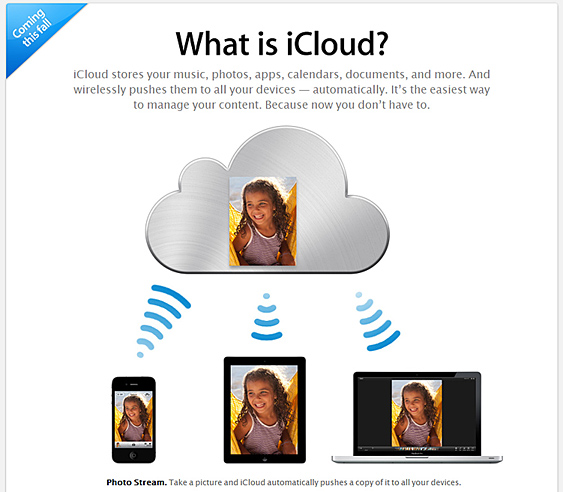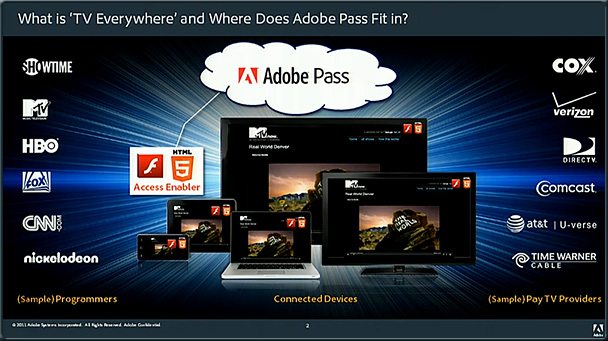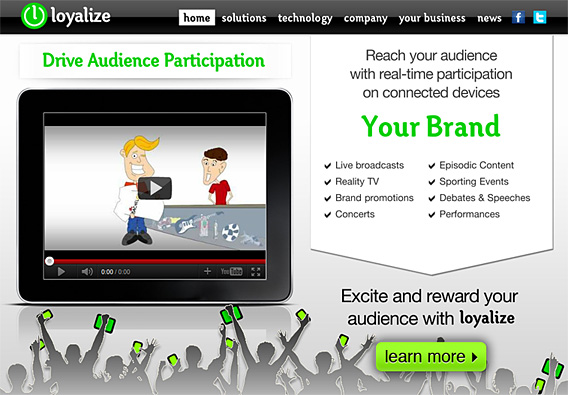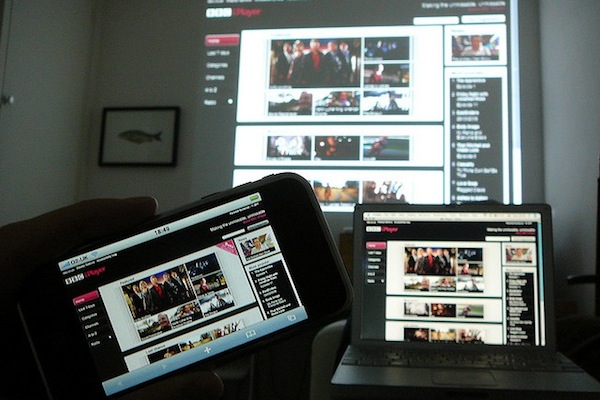Some items from Apple today:
- iCloud goes live on October 12

- iPhone 4S launches October 14, $199, $299, $399, AT&T, Verizon, Sprint, US & International
- New iPod Nano Is Clock and Fitness Watch in One
- Apple iPhone 4S: The 4 most important features
- Apple Unveils Siri, the iPhone 4S Voice Assistant
Apple has unveiled Siri, a new iPhone 4S feature that lets you complete tasks on your phone by talking to it. During an on-stage demo at Apple’s headquarters in Cupertino, CA, Apple VP Scott Forstall demonstrated Siri’s ability to process natural language and respond accordingly. When he asked the iPhone 4S, “What’s the weather like today?”, it responded with the weather forecast. It is capable of parsing natural human language, rather than simple commands. - AirPlay Mirroring coming to iPhone 4S, not just for iPads
- New iPod touch: cheaper, iOS 5, and now in white
- Apple Unveils iPhone 4S: Faster CPU, Better Camera and Voice Controls




















